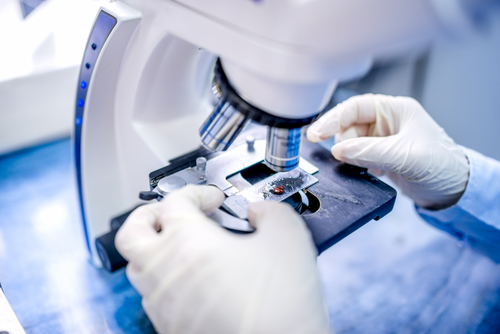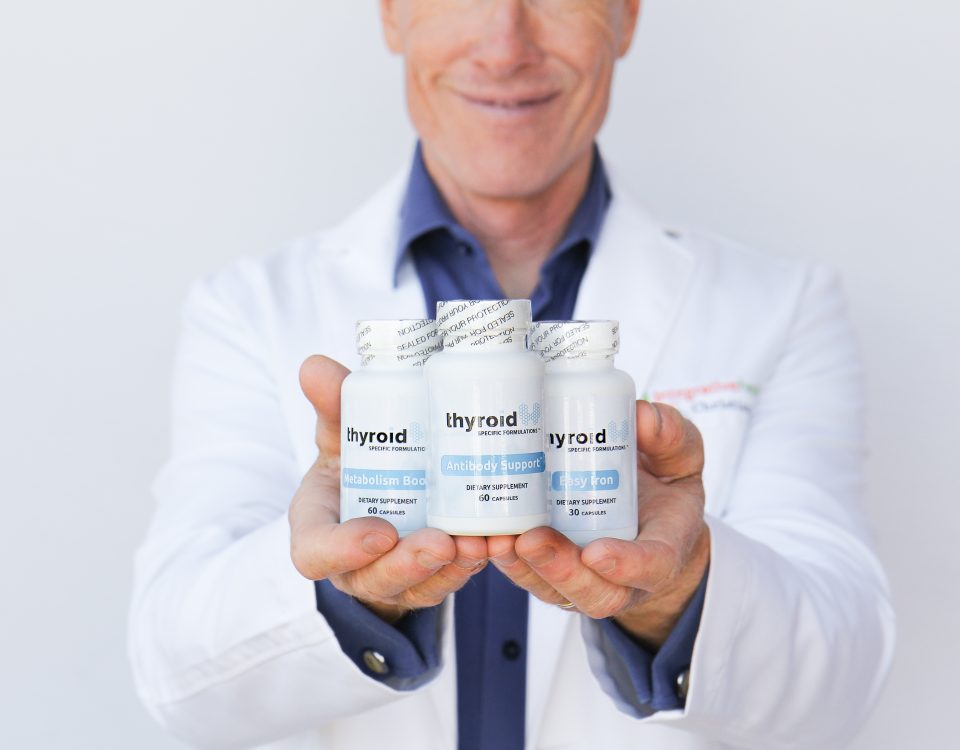What Do You Do Next?
Now that you know a bit more about thyroid medication and whether you need to be on it, what do you do next? If you do need medication, that’s totally fine.
Medication Type and Dose
The main thing is to know the medications that will be most appropriate for you, and the best ones for your specific condition. That includes having the right amounts.
A weird thing happens with thyroid medication. If you take more than you need, or take it unnecessarily, you can have the exact same side effects that you would have if you were simply hypothyroid and untreated. You’d experience virtually no benefits at all!
Diet and Iodine Levels
Turning away from medications, if you have tried to change your diet but not gotten better, what do you do? My advice would be to check your iodine levels. It might be the case that your body needs more time or more thorough iodine avoidance.
The correct test here is going to be your iodine-to-urinary-creatinine ratio. Ideally, you want your levels to be below 100 micrograms of iodine per gram of creatinine. If you are not there, you either need more time or more diligence.
Consider Comorbidities
The other big thing to consider are comorbidities. There are a lot of other conditions that go along with thyroid disease, and most people often have more than one. A lot of these are undiagnosed and undertreated, and they can cause symptoms.
This could include:
- Parathyroid disease
- Fatty liver
- Adrenal dysregulation
- Latent iron depletion
- And more
Other issues that could arise include being on the wrong dose or the wrong medication, but if you find yourself in those first two stages, medications were likely never the answer all along.
The best thing is to take a step back and go through the process of deprescribing. The good news is that many can and have done this, and it’s likely easier than you think!










